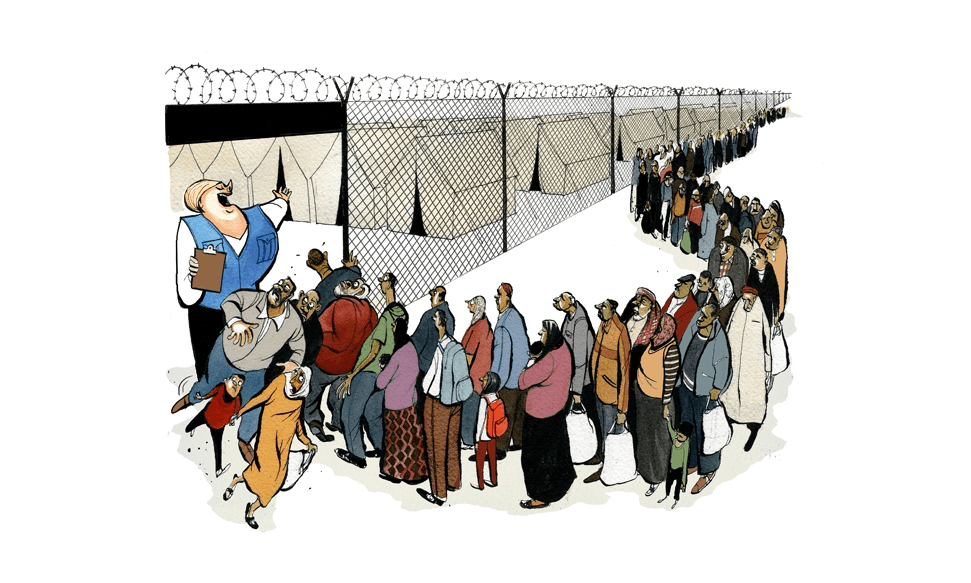There may be worse times to slash international development spending than the middle of a pandemic but it’s got to at least be in the top five. The reduction from 0.7 per cent of GDP to 0.5 represents a drop of £4 billion in investment. As Katy Balls notes, the current level was not only a manifesto commitment in 2019 but is enshrined in law, so ministers will have to ask parliament to legislate to allow them to break their own manifesto promise.
International development is like foreign policy: there are no votes to be gained from it. In fact, abolishing it altogether would make the Tories more popular with their target voters. Even so, Rishi Sunak is making a mistake. Cutting foreign aid sends a terrible signal, that of a supposedly Global Britain retreating into its shell. At the very time when the developing world needs the wealthiest nations more than ever, it can easily be read as mean, narrow and selfish.
International development is a statement of intent: the UK is a good global citizen
Of course, that is unfair. Last year alone the UK’s overseas development assistance spend was £15.2 billion, a rise of £645 million on the year before. The biggest recipients were Pakistan, Ethiopia, Afghanistan, Yemen and Nigeria, all countries with severe humanitarian problems. But our past generosity cannot detract from the cruelty of pulling away our hand at a time like this. Although the government insists the cut is only temporary, it is nonetheless the yanking up of an economic drawbridge and once it’s up, it will be politically challenging to get it back down again.
International development is not a simple cash giveaway. It is an instrument of soft power that expands the UK’s sphere of influence in ways that a conventional defence footprint does not (though increasing defence spending is undoubtedly a good thing). Much more than a symbol, though, international aid is a moral covenant. The UK is a very fortunate country and, as such, has certain responsibilities to less fortunate nations. Yes, this sounds paternalistic, but it is no less true for it.
Katy questions whether One Nation Tories will put up with this or mount a rebellion. She also points out what people like me often neglect on this subject: there are a lot of MPs with a lot of constituents who see foreign aid as an indulgence in bountiful years, let alone a period of domestic business and labour market instability. The aphorism ‘charity begins at home’ might grate on some but it is simply what many Britons believe.
All the same, ministers should show a bit of backbone and push back, as should MPs if they fail to. International development is a statement of intent: the UK is a good global citizen, it comes to the assistance of the poor and needy, and seeks to spread opportunity as far as possible so that more countries can be self-sufficient and economically sustainable.
All that might sound like pinko mush to conservative ears but there is a right-wing case for international development and it is this: the world is so interconnected today that it is easier than ever to migrate (legally or otherwise) from a developing to a developed country. Concentrating wealth and opportunity in the global north, without trying to help the global south generate wealth and opportunities of their own, will only attract more economic migrants to the UK’s shores. For immigration restrictionists and those focussed on numbers, cutting international development is self-defeating in the medium-to-long term, even if it satisfies in the immediate.
Right-wingers should also be concerned, as should all of us, with the UK’s image abroad. Almost every country will have to rationalise spending as a result of Covid-19 but only in the UK does it coincide with our new venture out into the international arena. We should be showing the world we are a nation that does its bit, not the sort of country that cuts and runs.







Comments